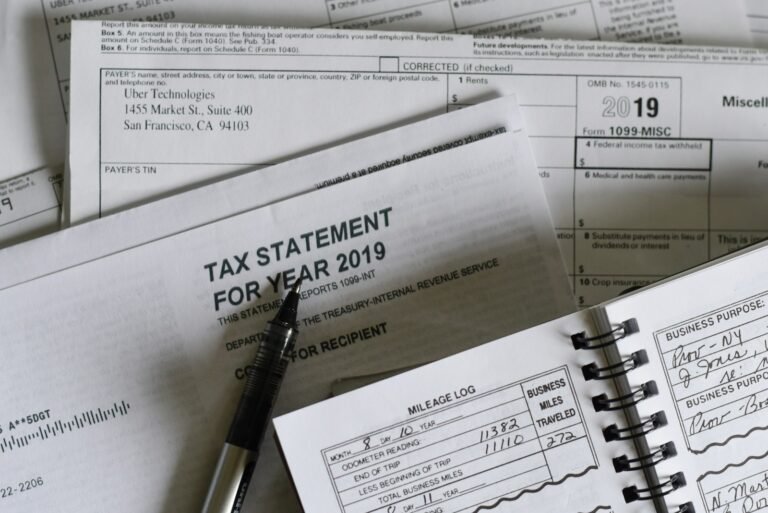
SALEM, Ore. — Oregon’s Attorney General Dan Rayfield declared that he is part of a coalition consisting of 20 attorneys general who are filing a federal lawsuit against the Trump administration. They accuse the administration of unlawfully trying to block over $1 billion in funding intended to aid crime victims and survivors.
Central to the lawsuit is the administration’s recent decision to impose new immigration-related requirements on Victims of Crime Act (VOCA) grants—federally sanctioned funds that assist states in delivering essential services to those affected by violent crimes. The lawsuit argues that the administration is threatening to withhold this funding unless states comply with federal immigration enforcement, a demand that coalition members claim is both illegal and driven by political motives.
“This is yet another attempt to place unlawful conditions on federal funds coming into Oregon to advance the President’s unpopular agenda, this time at the expense of crime victims and survivors,” said Oregon Attorney General Rayfield. “These grants support services like the counselor who picks up the phone at 2 a.m., the shelter bed that keeps a mom and her kids safe tonight, or the advocate who walks a victim through the court process.”
“Tying congressionally mandated funds for crime victim support to immigration conditions not authorized by Congress is wrong and an illegal overreach by the Justice Department. Withholding these funds will retraumatize crime victims and survivors who are trying to pick up the pieces and rebuild their lives. And this stunning action by the administration does not make communities safer,” said Colorado Attorney General Weiser. “We sued in the first Trump administration when it attempted a similar tactic with law enforcement grants, and we won. I’m confident we’ll win again.”
Funding at Risk for Oregon and Nationwide
VOCA, established in 1984 during President Ronald Reagan’s administration, is financed not by taxpayer dollars, but through fines and penalties imposed on criminals. This grant program supports a diverse range of victim assistance services across the country, which include:
Domestic violence shelters
- Sexual assault response teams
- Crime scene cleanup
- Funeral costs
- Victim and witness advocacy
- Emergency medical care and mental health counseling
In Oregon alone, 146 victim service providers rely on VOCA grants. Under the administration’s directive, the state could lose approximately $15 million in 2025.
“VOCA funding is hugely important to the statewide domestic and sexual violence services system,” said State Rep. Tawna Sanchez. “The reduction in these funds is likely to have a devastating effect on the programs that serve some of the most vulnerable populations in our state.”
Across the nation, VOCA funds assist nearly 9 million victims annually and facilitate over 200,000 compensation claims. Congress has consistently supported the ongoing provision of VOCA funds, even in the aftermath of national tragedies such as the 9/11 attacks, acknowledging the program’s critical role in the nation’s public safety framework.
Legal and Constitutional Challenge
The attorneys general contend that the actions of the Trump administration breach the separation of powers and the principles of federalism, asserting that the U.S. Department of Justice is exceeding its authority by imposing unauthorized conditions on funds allocated by Congress.
The lawsuit states that Congress did not authorize the DOJ to enforce immigration conditions on VOCA funding, and the administration is allegedly trying to pressure states into complying with federal immigration policies by using grants meant for crime victims as leverage.
The coalition is requesting the court to prevent the enforcement of these new stipulations.
Attorney General Rayfield is joined in this lawsuit by attorneys general from: California, Colorado, Connecticut, Delaware, Hawaii, Illinois, Maine, Maryland, Massachusetts, Michigan, Minnesota, Nevada, New Jersey, New Mexico, New York, Rhode Island, Vermont, Washington, Wisconsin, and the District of Columbia.
This legal action comes in response to a series of lawsuits initiated by states contesting similar efforts by the Trump administration to impose political conditions on unrelated federal funding.



